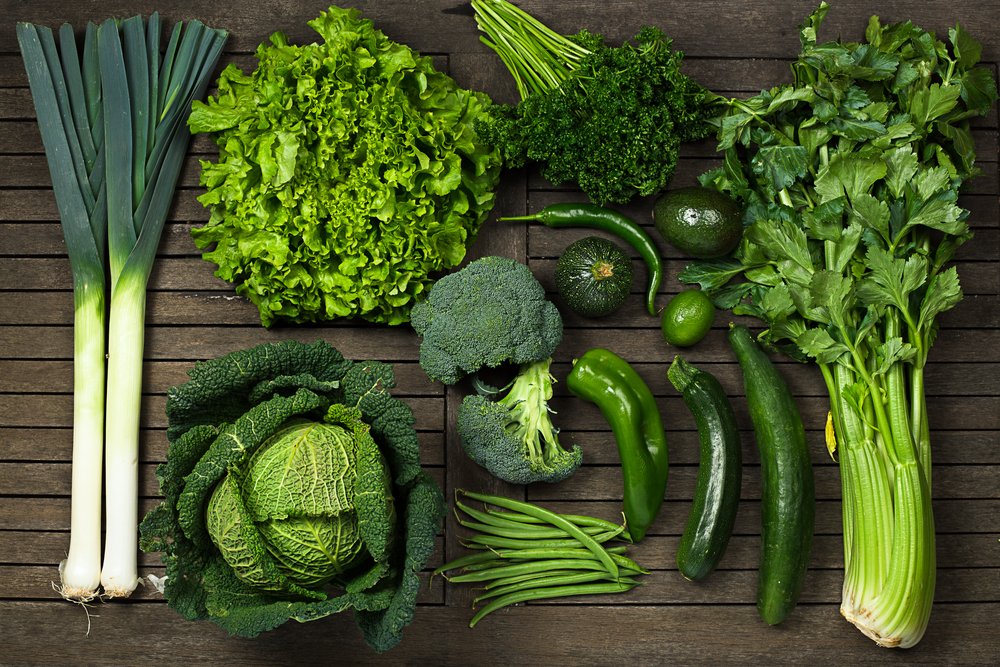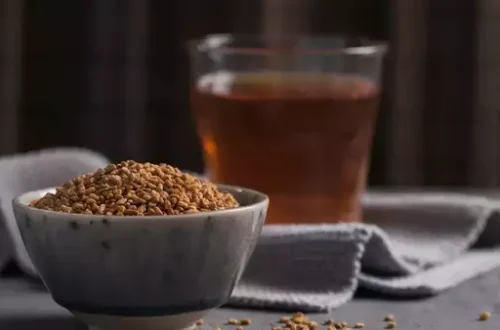Spring is a season of renewal and rejuvenation, and according to Ayurveda, it is a time when the Kapha dosha, or energy, is dominant. To maintain balance and harmony during this season, it is important to make certain dietary adjustments. In this blog post, we will explore the principles of an Ayurvedic diet for the spring season and provide some tips on how to make the most of this transformative time.
1. Light and Fresh Foods:

During spring, it is beneficial to focus on light and fresh foods that help to balance the Kapha dosha. Include plenty of leafy greens, sprouts, and seasonal vegetables in your meals. These foods are rich in vitamins, minerals, and antioxidants, which help to support the body’s natural detoxification processes.
2. Pungent and Bitter Tastes:

In Ayurveda, each taste has a specific effect on the body and mind. During spring, it is recommended to incorporate more pungent and bitter tastes into your diet. Pungent spices like ginger, black pepper, and turmeric help to stimulate digestion and improve metabolism. Bitter foods such as bitter gourd, dandelion greens, and fenugreek help to cleanse the liver and promote detoxification.
3. Warm and Lightly Cooked Meals:

As the weather starts to warm up, it is best to opt for warm and lightly cooked meals. Avoid heavy and oily foods that can weigh you down. Instead, choose soups, stews, and stir-fried dishes that are easy to digest. Incorporating spices like cumin, coriander, and fennel can help to enhance digestion and reduce any bloating or discomfort.
4. Hydration:

With the arrival of spring, it is important to stay hydrated. Drink warm water with a squeeze of lemon in the morning to kickstart your digestion and cleanse your system. Throughout the day, sip on herbal teas like ginger tea or dandelion tea, which can help to detoxify the body and support healthy digestion.
5. Mindful Eating:

In Ayurveda, mindful eating is emphasized as a key practice for maintaining optimal health. Take the time to sit down and savor your meals, chewing each bite thoroughly. Avoid distractions such as television or phones while eating, as this can disrupt the digestive process. Eating in a calm and relaxed environment promotes better digestion and absorption of nutrients.
6. Seasonal Fruits and Herbs:

Spring is a time when nature provides us with an abundance of fresh fruits and herbs. Incorporate seasonal fruits like berries, cherries, and apricots into your diet. These fruits are not only delicious but also packed with antioxidants and essential nutrients. Additionally, herbs like cilantro, mint, and parsley can be used to add flavor and freshness to your meals.
7. Avoid Heavy and Cold Foods:
During the spring season, it is best to avoid heavy and cold foods that can aggravate the Kapha dosha. This includes foods like dairy products, fried foods, and ice cream. Instead, opt for lighter alternatives like almond milk, grilled vegetables, and sorbets made from fresh fruits.
Remember, Ayurveda is a holistic approach to health and wellness, and it is always important to listen to your body’s unique needs. If you have any specific health concerns or dietary restrictions, it is advisable to consult with a qualified Ayurvedic practitioner who can provide personalized guidance.
In conclusion, by following the principles of an Ayurvedic diet for the spring season, you can support your body’s natural detoxification processes, boost your energy levels, and promote overall well-being. Embrace the transformative power of spring and nourish yourself with fresh, seasonal, and balanced meals.
If you have any queries related to medical health, consult Subhash Goyal or his team members on this given no +91 99150 72372, +91 99150 99575, +918283060000




